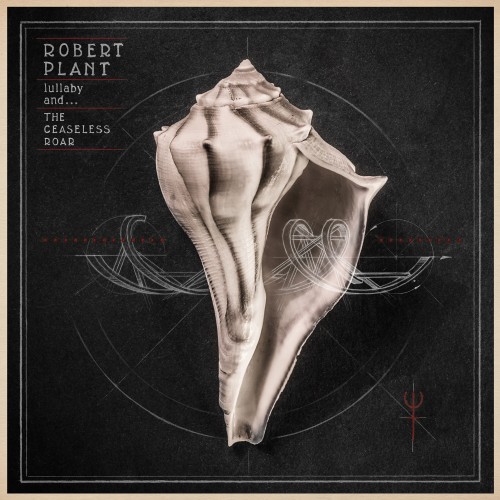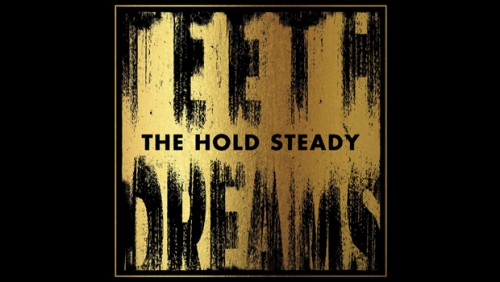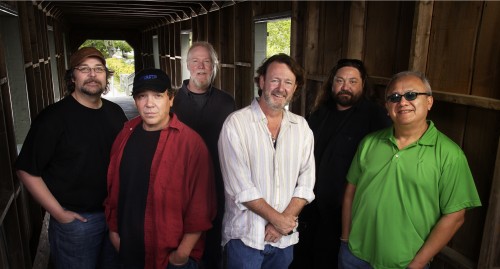Of course it was Mick Jagger, not Robert Plant, who famously sang, “You can’t always get what you want/ But if you try sometime you find/ You get what you need.” But the Rolling Stones lyric is a fitting mantra Plant could wield at fans clamoring for a full-on Led Zeppelin reunion; you might want that, but do you need it? Maybe what you need is right here in Plant’s most recent post-Zeppelin output, from his uber-successful Americana collaborations with Alison Krauss in the mid-2000s to his brand new East-meets-West album “lullaby and… The Ceaseless Roar.”
Swinging the hammer of the gods has long stopped being Plant’s modus operandi, with depth and breadth replacing blunt force in his approach. On “lullaby …,” Plant traverses Middle Eastern/North African traditions and infuses them with electro-dub and Appalachian tropes. On paper, that sounds like a stew ruined by too many ingredients, but Plant isn’t just any cook; everything here is blended and slow-cooked to perfection.
Plant opens and closes the set with bluegrass traditional “Little Maggie,” the latter version titled “Arbaden” and built upon oscillating Massive Attack-like electronics and featuring a solo on a string instrument known as a ritti. These versions bookend an array of songs that revel in their differences and similarities at once, disparate parts that might not fit if not in the hands of a master like Plant.
Early on, “Rainbow” makes a case as “lullaby’s” best tune. Big, syncopated drums, insistent guitar chords and Plant’s opening “ooohs” set the table, before he slides into that familiar honey-dripping voice for the verse. The song drives home the notion that, while Plant is drawing from a very deep well here, one need not be a musicologist to “get it” – that’s the funny thing about great songs.
“Pocketful of Golden” capitalizes on a dub beat and exotic strings, while “Embrace Another Fall” marries modern atmospherics with the ancient. “Oh, I often think of you, an hour before the rain,” Plant sings.
The singer touches down for a sweet and mournful ballad, “A Stolen Kiss,” accompanied by little more than piano and guitar swells. While Plant takes on a lot of sounds on this album, he also knows when to let the arrangements get out of the way of the emotions, and he does that to great effect on the beautiful and direct “A Stolen Kiss,” his soulful voice hitting all the right spots.
A knotty, Celtic guitar announces “Somebody There,” and big, open chords allow Plant to again take a simpler route, as on the ballad. The chorus is bright and hopeful and a nice antidote to some of the album’s darker moments.
“Poor Howard” is essentially straight bluegrass, with banjo taking the front seat and a nice, breezy chorus, while “House Of Love” unfolds from a delectable guitar melody and slithers into a psychedelic Middle Eastern segment. “Up on the Hollow Hill (Understanding Arthur)” draws from the blues, but some of its source material both predates and postdates the genre, with mysterious desert sounds and post-rock electronica swirled into the mix. A disjointed guitar solo takes the listener further into this pan-cultural labyrinth.
Robert Plant’s place in the rock pantheon is beyond stable – Rolling Stone readers voted him the best rock vocalist of all time, and Led Zeppelin trails only the Beatles and maybe the Rolling Stones as a cited musical influence – but his legacy means nothing to him on an album like “lullabye..” He works from the ground up, not from the top of the temple he built in the ’60s and ’70s. Like Neil Young and Bob Dylan, he does what he wants, not what you want. That’s not only admirable and ballsy, but if it yields music like this, it’s also damn brilliant.
Rating: 79/81




Leave a Reply